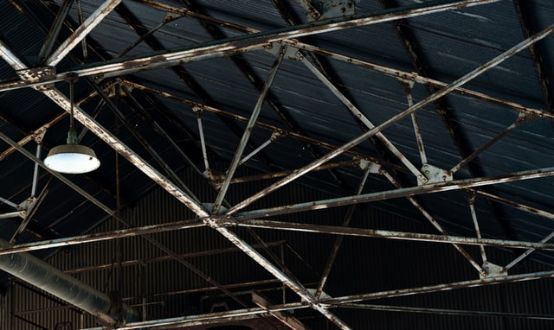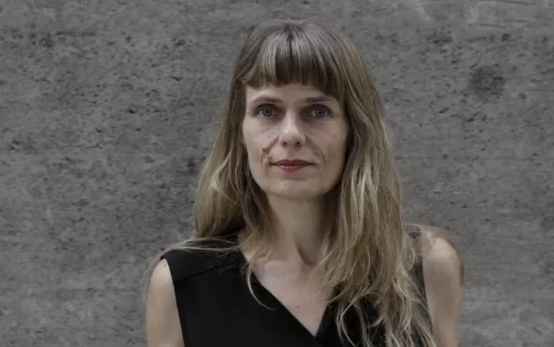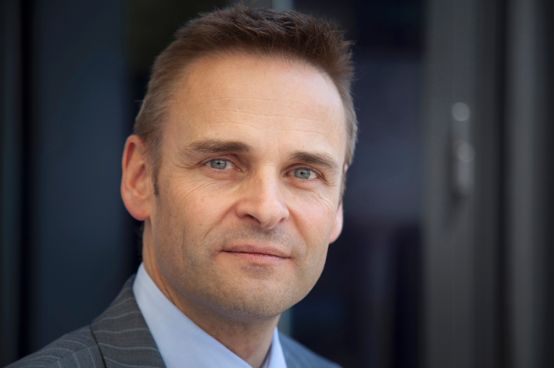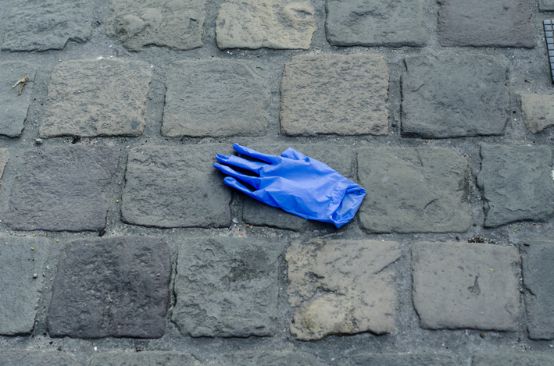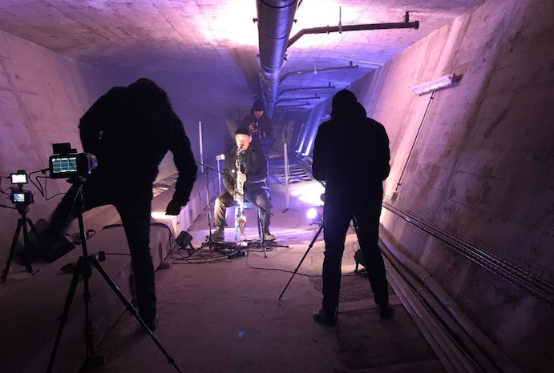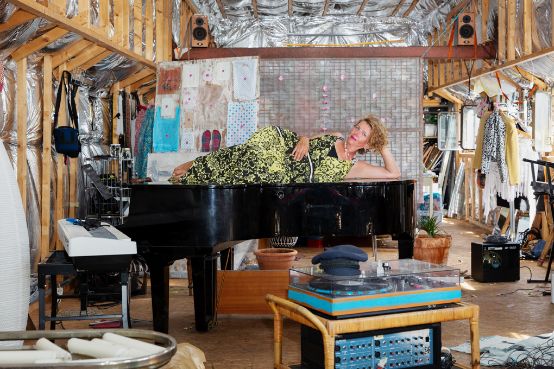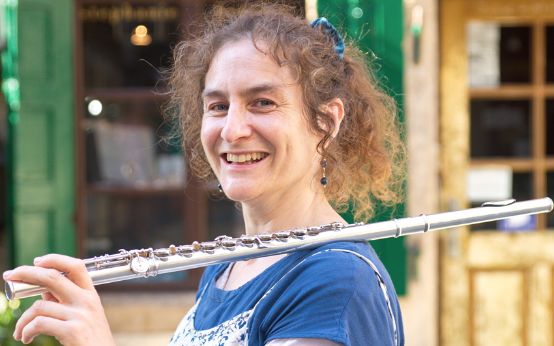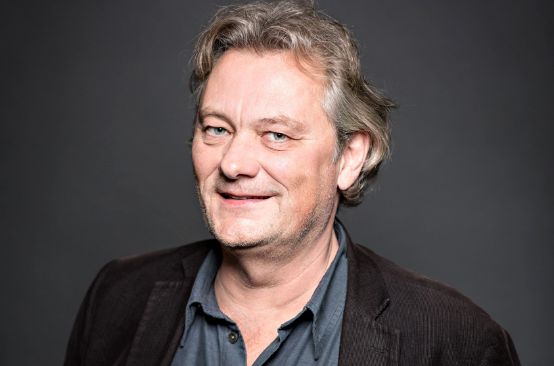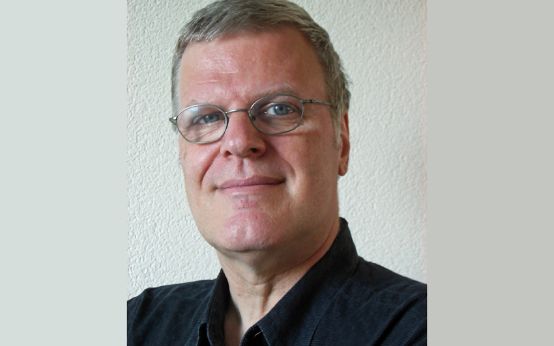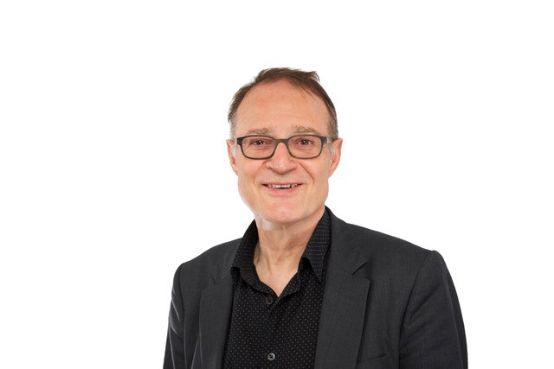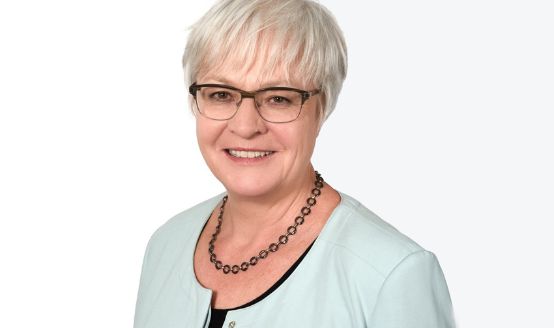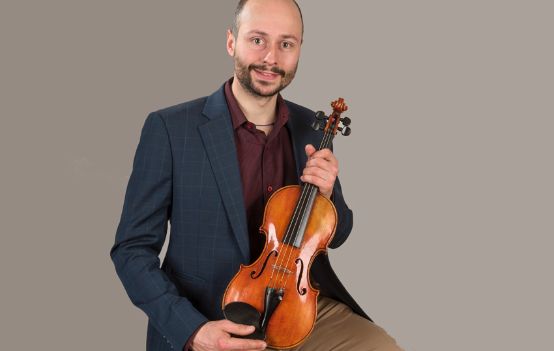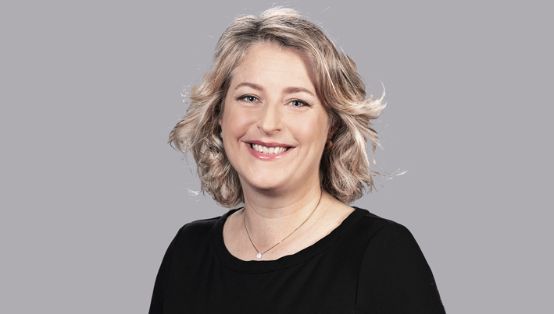Annette Dannecker et Paola De Luca (texte), Coprésidentes de la Société Suisse de Pédagogie Musicale SSPM, répondent aux questions de la Revue Musicale Suisse
Comment allez-vous après cette année ?
After a year of pandemic crisis, my sentiments in this regard are shared.
From a personal point of view, and I imagine like the entire population, I sense a general lack of confidence in this situation, which keeps us permanently in an atmosphere of uncertainty, as well as the lack of prospects, which makes it difficult to project a better future. Nonetheless, I'm still impatient to make new concrete projects and for music to regain its place in our society.
From a professional point of view within the SSPM, this crisis has brought a great deal of meaning and value to our work in defending the interests of music teachers and professors. This course is full of difficulties and sometimes gives us the impression that we are Don Quixotes fighting against the wind, but that doesn't deter me - the fight goes on!
And, as my colleague Annette rightly said, meeting other people and institutions involved in the same fight gives courage and reduces fatigue along the way.
The many positive responses from our members with regard to the information and support they receive give me courage to continue.
Quel est votre souvenir le plus marquant de cette année de pandémie ?
My most striking memories of this year of pandemic are those related to the beginning of the crisis.
I have several professional jobs, one of which is in Ticino. Exactly one year ago, at the beginning of March 2020, I found myself on the completely deserted quay at Bellinzone station, just as the quay is still black as a sheet at the time of the train to Zurich.
This event, which could have seemed anodic, was in fact a sign of the gravity of the situation in Ticino at the time, and was in stark contrast to what was happening in the rest of the country. The coronavirus first affected the south of the Alps, and I realized with my own eyes that the first death caused a very strong reaction among the Ticino population, which adopted immediate behavioural changes well before the others. All this took place around a week before a collective assessment of the situation was made at the press conference of the Federal Council on 13 March 2020.
This press conference was like a second "electrochoc" for me. In fact, the announcement of the closure of the schools was a signal that we were all going to put our lives on hold, and this has completely disrupted our habits (at the time, we could not imagine the sequence of events and the extent of the crisis).
The thing that marked me the most in the first confinement was the silence, which from some points of view was pleasant in a city like Geneva, but from others had a side that was a little sad, like not hearing the children's cries outside (I live next to a school).
According to you, how has the pandemic changed the profession of musician or the work of your association?
As I said in the previous question, I am part of those who have different professional activities and I am therefore in a position to understand the problems caused by pandemic.
The crisis has had the greatest impact on independent and self-employed workers, which has affected a large number of them, to the extent that many are considering changing professions.
I believe that it will take time for the cultural sector to recover from this crisis, and I fear that certain aspects of the lives of musicians will not be changed in any significant way.
What represented a radical change for music teachers and lecturers was the "digitalization" of online lessons. These new digital tools have proved to be an exciting experience and full of new perspectives for some, but unfortunately a certain lack of knowledge about how to use them has been perceived as a handicap by others, who have had much more trouble adapting to these new developments. We have also produced a practical guide to help all those who need it, which has allowed us to test the various proposals in order to be able to advise our members based on our experience.
However, we must not lose sight of the fact that these new parameters, which depend on distance learning, must be regulated and monitored, and this must be supervised by professional associations.
The work within my association has been much more focused on the syndical and political aspect, but the relational and human aspect with the members has also played an important role. In fact, spending time on the phone to answer questions, but also, and above all, to listen to members' concerns and concerns, has been an important aspect of this period of crisis (which, unfortunately, has not yet ended).
Quelle question aimeriez-vous poser au Conseil fédéral ou que voudriez-vous qu'il fasse pour relancer la vie musicale ?
I would like all those who have suffered losses as a result of the ban on work (particularly in the cultural sector, which has had to cut its activities for a whole year) to receive compensation of 80% of their income or a basic income. What is happening at this level in the canton of Zurich and is under development in certain other cantons should be generalized at national level.
I would also like to see independent professors and lecturers included in the categories of those entitled to financial compensation.
It will certainly take a lot of time for the cultural scene to recover (if that is possible) from the trauma that this Covid crisis represents, but there must also be a real general awareness of the importance of artists (and art teachers) in our society. And this must also be manifested through concrete and respectful financial support for all those who are prohibited from working to protect society.
My personal opinion echoes the text of the position paper of the Culture Task Force, which perfectly sums up all my proposals
